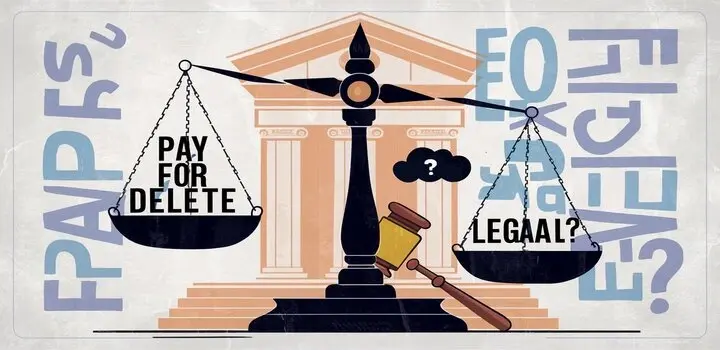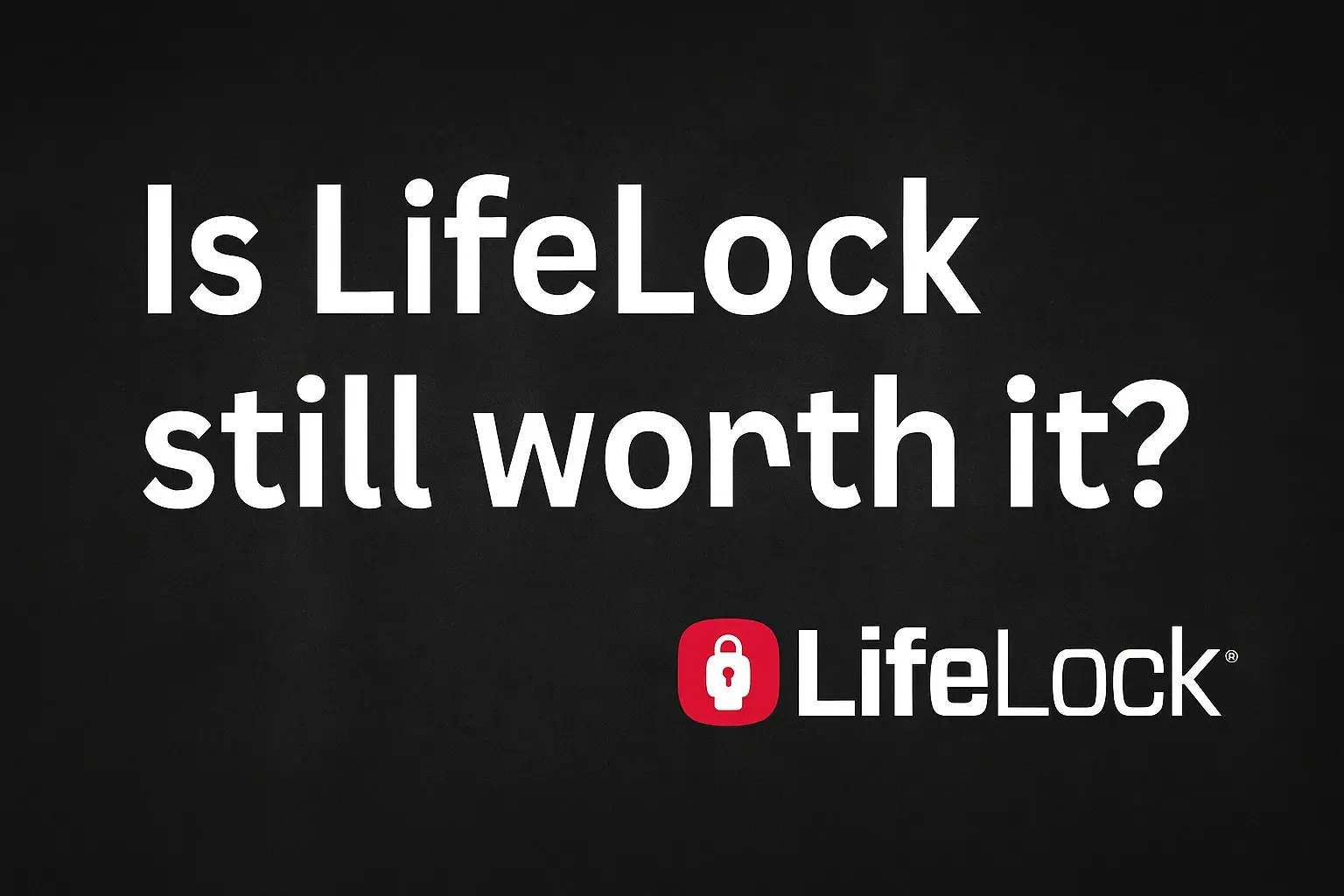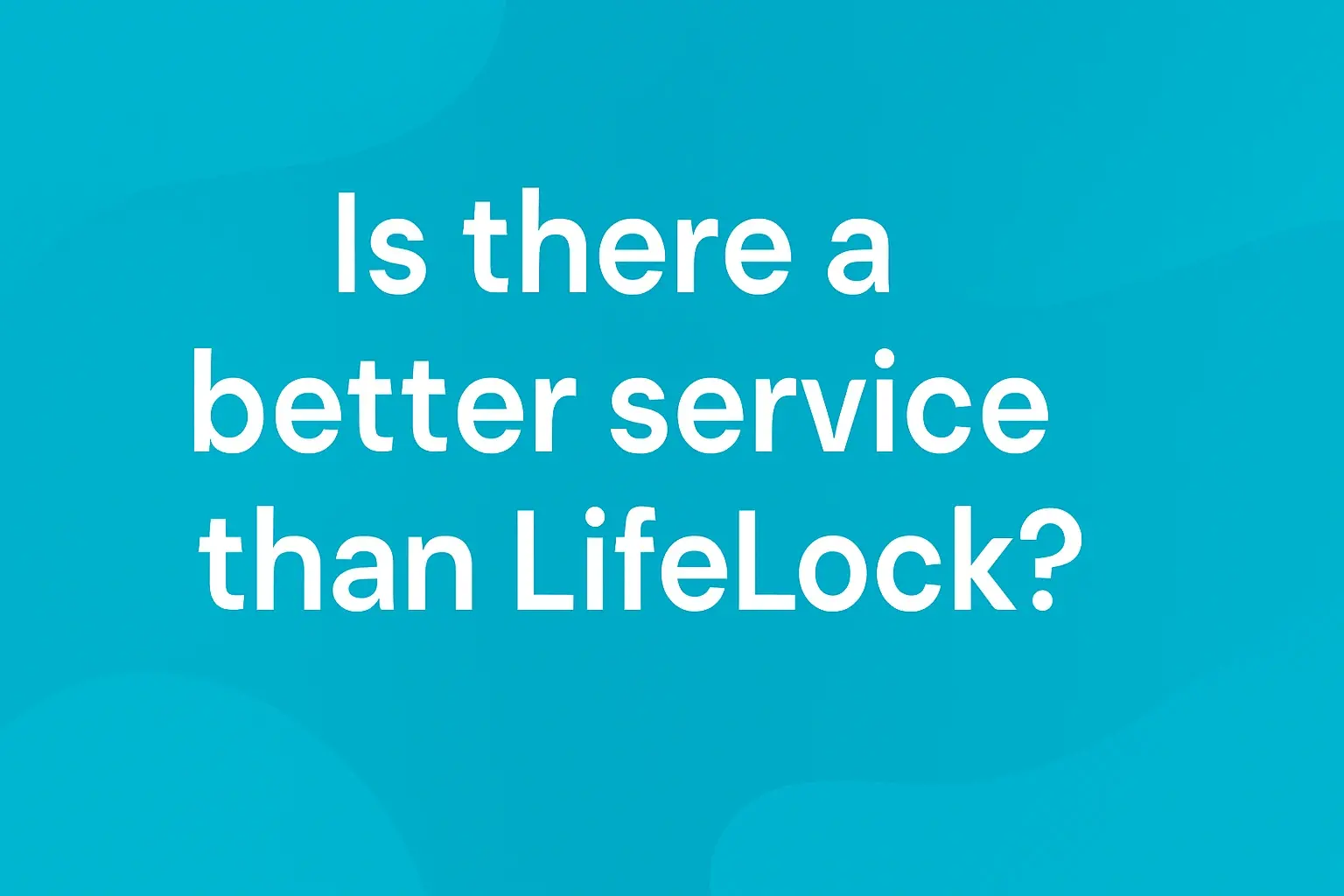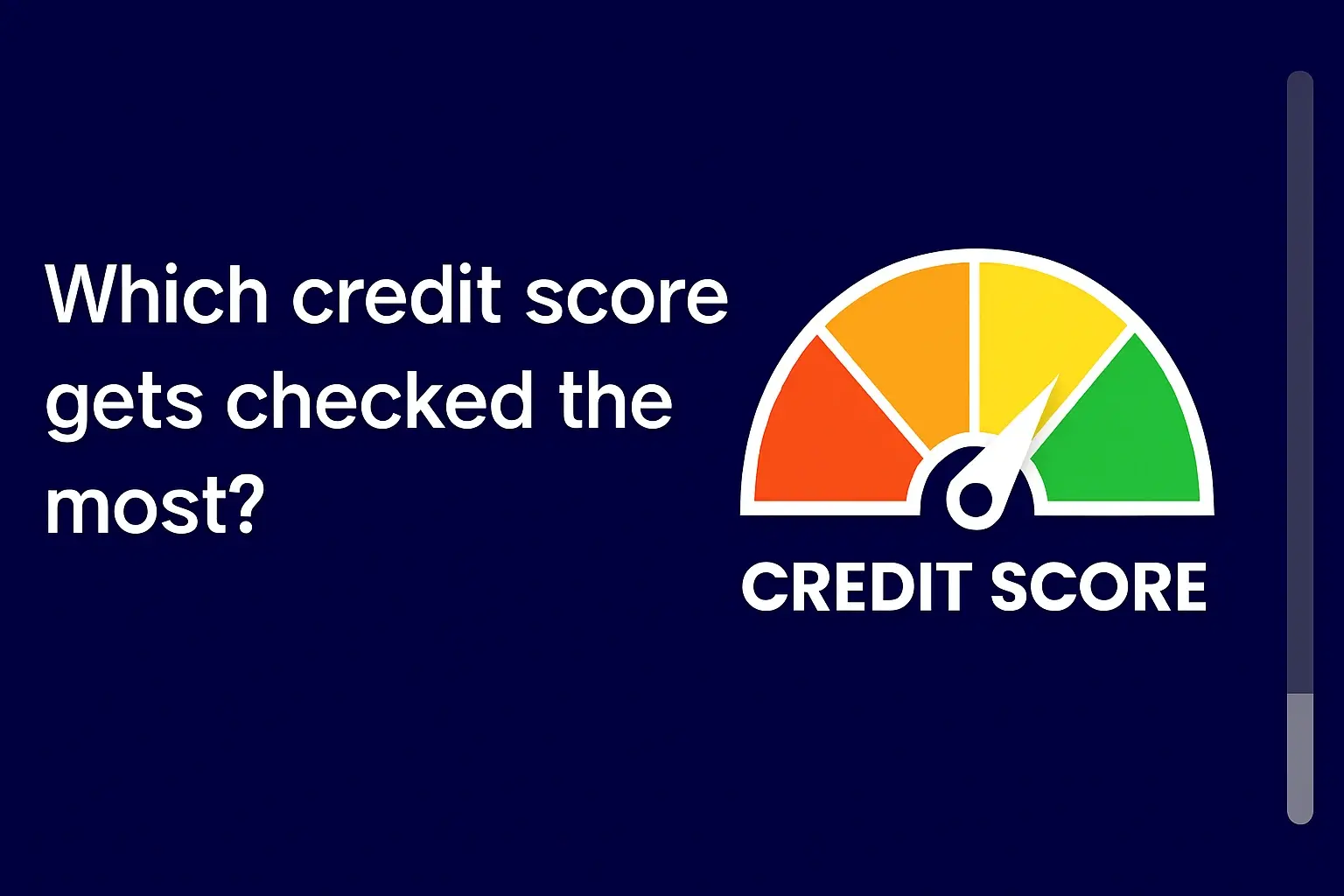-
Posted on: 29 Jun 2024
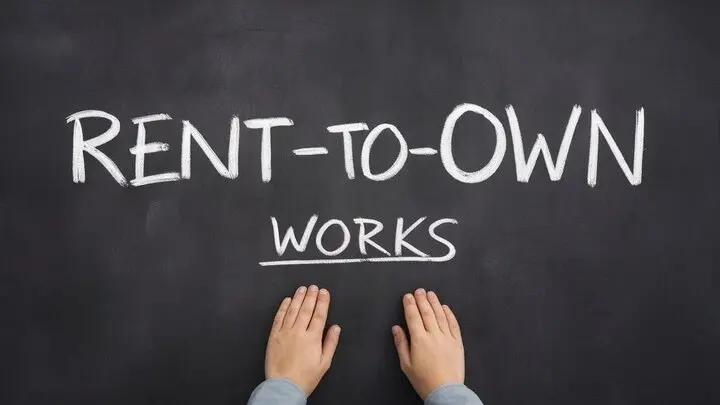
-
What is Rent-To-Own (RTO)?
Rent-to-own (RTO), also known as a lease option or lease purchase, is an agreement where you rent a property for a specific period with the option to buy it before the lease expires. It's an alternative path to homeownership, particularly appealing to individuals who may not qualify for a traditional mortgage due to credit challenges, limited down payment savings, or other financial hurdles.
In essence, RTO allows you to live in the property while you improve your financial standing and build equity towards the potential purchase. However, it's crucial to understand the intricacies of these agreements to make an informed decision. This guide provides a comprehensive overview of how rent-to-own works, including its benefits, risks, costs, and legal considerations.
How Rent-To-Own Agreements Work: A Step-by-Step Guide
-
Finding a Rent-To-Own Property
The first step is to locate a property that's available under a rent-to-own agreement. This can be done through real estate agents specializing in RTO properties, online listings specifically targeting RTO agreements, or directly contacting homeowners who are open to this arrangement. Look for properties that meet your needs in terms of location, size, and condition. Always verify the legitimacy of the offer and the homeowner/property manager.
-
Negotiating the Agreement
Once you've found a suitable property, you'll need to negotiate the terms of the rent-to-own agreement. This typically involves negotiating the:
- Rental Period: The length of the lease term (e.g., 1 year, 2 years, 3 years).
- Monthly Rent: The amount you'll pay each month for rent.
- Option Fee: A non-refundable upfront fee that gives you the right, but not the obligation, to purchase the property at the end of the lease term. This fee is usually a percentage of the purchase price (e.g., 1-5%).
- Purchase Price: The agreed-upon price you'll pay for the property if you choose to exercise your option to buy. This price is often set at the beginning of the lease term and may or may not be adjusted for market fluctuations.
- Rent Credit: A portion of each month's rent that is credited towards the eventual purchase price. Not all RTO agreements include a rent credit. If they do, negotiate the percentage credited.
- Maintenance Responsibilities: Clarify who is responsible for property maintenance and repairs (e.g., the tenant, the landlord, or a shared responsibility).
-
Signing the Agreement
After you've negotiated the terms, the agreement should be put in writing. It's highly recommended to have a real estate attorney review the contract before signing it. The attorney can help you understand the legal implications and ensure that your rights are protected. The agreement should clearly outline all the terms discussed, including the rental period, rent amount, option fee, purchase price, rent credit (if any), and maintenance responsibilities.
-
Paying the Option Fee and Rent
After signing the agreement, you'll typically pay the option fee to the landlord. You'll then begin paying monthly rent according to the terms of the lease. Make sure to keep accurate records of all rent payments.
-
Improving Your Credit and Saving for a Down Payment
During the rental period, focus on improving your credit score and saving for a down payment (if required by your lender). This will increase your chances of securing a mortgage when you're ready to exercise your option to buy.
-
Exercising the Option to Buy
At the end of the lease term, you have the option to purchase the property. To exercise this option, you'll need to notify the landlord in writing within the specified timeframe outlined in the agreement. You'll then need to secure financing (usually a mortgage) to cover the purchase price. If you're unable to secure financing or choose not to purchase the property, you'll forfeit the option fee and any rent credits accumulated.
-
Completing the Purchase
If you successfully secure financing, you'll proceed with the purchase of the property, just like a traditional home sale. This involves working with a real estate agent, a lender, and a title company to finalize the transaction. You'll sign the necessary paperwork and take ownership of the property.
Types of Rent-To-Own Agreements
There are two primary types of rent-to-own agreements:
-
Lease Option
A lease option agreement grants you the right, but not the obligation, to purchase the property at the end of the lease term. You can choose to buy the property or walk away without any further obligation (other than forfeiting the option fee and any accumulated rent credits). This is generally considered the more tenant-friendly option.
-
Lease Purchase
A lease purchase agreement obligates you to purchase the property at the end of the lease term. You are legally bound to complete the purchase, provided you can secure financing. If you fail to do so, you may face legal consequences, such as being sued for breach of contract. Lease purchase agreements are less common than lease option agreements and carry a higher risk for the tenant.
The Pros and Cons of Rent-To-Own
Pros:
- Opportunity to Build Equity: Rent credits (if included) contribute towards the eventual purchase price.
- Time to Improve Credit: The rental period allows you to improve your credit score before applying for a mortgage.
- Try Before You Buy: You can live in the property and assess its suitability before committing to a purchase.
- Locked-In Purchase Price: The purchase price is typically set at the beginning of the lease, protecting you from potential market increases (but also preventing you from benefiting from potential market decreases).
- Potential for Easier Qualification: RTO may be an easier way to get into a home if you don't qualify for a traditional mortgage initially.
Cons:
- Higher Overall Cost: RTO agreements often involve higher monthly rent and fees compared to traditional rentals.
- Risk of Losing Money: You could lose the option fee and any rent credits if you decide not to purchase the property or fail to secure financing.
- Maintenance Responsibilities: You may be responsible for property maintenance and repairs, even though you don't own the property.
- Limited Negotiation Power: Landlords may have more control over the terms of the agreement.
- Potential for Disputes: Disagreements can arise regarding maintenance, repairs, or the interpretation of the agreement.
- Risk of Landlord Foreclosure: If the landlord defaults on their mortgage, you could lose the property even if you've been making payments.
The Costs Associated with Rent-To-Own
Understanding the financial implications of a rent-to-own agreement is crucial before signing on the dotted line. Here's a breakdown of the typical costs involved:
- Option Fee: A non-refundable upfront fee that grants you the right to purchase the property. This fee typically ranges from 1% to 5% of the agreed-upon purchase price.
- Monthly Rent: You'll pay monthly rent throughout the lease term. This rent is usually higher than the average rental rate for similar properties in the area.
- Rent Credit: A portion of each month's rent that is credited towards the eventual purchase price. This credit varies depending on the agreement and may not be included at all.
- Maintenance and Repair Costs: Depending on the agreement, you may be responsible for some or all maintenance and repair costs, which can add up significantly.
- Property Taxes and Insurance: In some cases, the tenant may be responsible for paying property taxes and insurance, although this is less common.
- Closing Costs: If you choose to exercise your option to buy, you'll be responsible for paying closing costs, just like a traditional homebuyer. These costs can include appraisal fees, title insurance, and lender fees.
- Lost Opportunity Cost: Consider the potential investment returns you might miss by tying up funds in an option fee and potentially higher rent payments, especially if you decide not to buy.
Rent-To-Own vs. Traditional Mortgage: Which is Right For You?
The best option depends entirely on your individual circumstances and financial situation. Consider these factors when making your decision:
- Credit Score: If you have a low credit score, rent-to-own might be a viable option to buy time to improve it before applying for a mortgage. A traditional mortgage requires a good credit score for favorable terms.
- Down Payment Savings: If you lack a substantial down payment, rent-to-own can help you build equity over time (through rent credits). Traditional mortgages typically require a down payment.
- Financial Stability: Assess your income stability and ability to handle both rent payments and potential maintenance costs. Both RTO and traditional mortgages require stable income.
- Risk Tolerance: Are you comfortable with the risks associated with rent-to-own, such as losing the option fee and rent credits? Traditional mortgages also carry risks, such as foreclosure.
- Long-Term Goals: Do you definitely want to own a home in the future? If so, rent-to-own could be a stepping stone. If you're unsure, a traditional rental might be a better option.
Consult with a financial advisor and a real estate professional to weigh the pros and cons of each option based on your specific needs and goals.
Consider these alternative options:
- FHA Loan: If your credit score is slightly lower than the typical mortgage requirement, an FHA loan may offer more lenient approval terms.
- USDA Loan: If you're planning to buy in a rural area, a USDA loan could be a great option as they often require no down payment.
- Down Payment Assistance Programs: Many states and local governments offer down payment assistance programs for first-time homebuyers.
- Fixing Credit: Consult with a credit repair specialist to help improve your score and get you qualified for a traditional mortgage.
Legal Considerations and Tenant Rights
Rent-to-own agreements are legally binding contracts, and it's crucial to understand your rights and obligations. Here are some key legal considerations:
- Written Agreement: The rent-to-own agreement must be in writing and clearly outline all the terms and conditions.
- Disclosure Requirements: The landlord is required to disclose any known defects or issues with the property.
- Maintenance Responsibilities: The agreement should clearly state who is responsible for property maintenance and repairs.
- Eviction Laws: If you fail to pay rent or violate the terms of the agreement, the landlord can evict you, just like in a traditional rental.
- Foreclosure Protection: In some states, you may have certain protections if the landlord faces foreclosure.
- State Laws: Rent-to-own laws vary from state to state. It's important to understand the laws in your jurisdiction.
Always consult with a real estate attorney before signing a rent-to-own agreement to ensure that your rights are protected and that you fully understand the terms of the contract. They can also advise you on the specific laws and regulations in your state.
Finding a Reputable Rent-To-Own Provider
Finding a trustworthy landlord or company offering rent-to-own opportunities is crucial. Here are some tips to help you avoid scams and protect your interests:
- Check the Landlord's Reputation: Research the landlord's background and reputation. Look for online reviews and check with the Better Business Bureau (BBB).
- Verify Ownership: Confirm that the landlord actually owns the property. You can do this by checking public records at the county recorder's office.
- Inspect the Property: Thoroughly inspect the property for any defects or issues before signing the agreement.
- Get a Professional Appraisal: Consider hiring a professional appraiser to assess the fair market value of the property. This will help you determine if the agreed-upon purchase price is reasonable.
- Review the Agreement Carefully: Have a real estate attorney review the rent-to-own agreement before you sign it.
- Be Wary of High-Pressure Sales Tactics: Don't feel pressured to sign an agreement immediately. Take your time to research and consider your options.
- Document Everything: Keep accurate records of all rent payments, communications, and repairs.
- Avoid "Too Good To Be True" Deals: If something seems too good to be true, it probably is. Be cautious of deals that promise unrealistic returns or guarantees.
-

